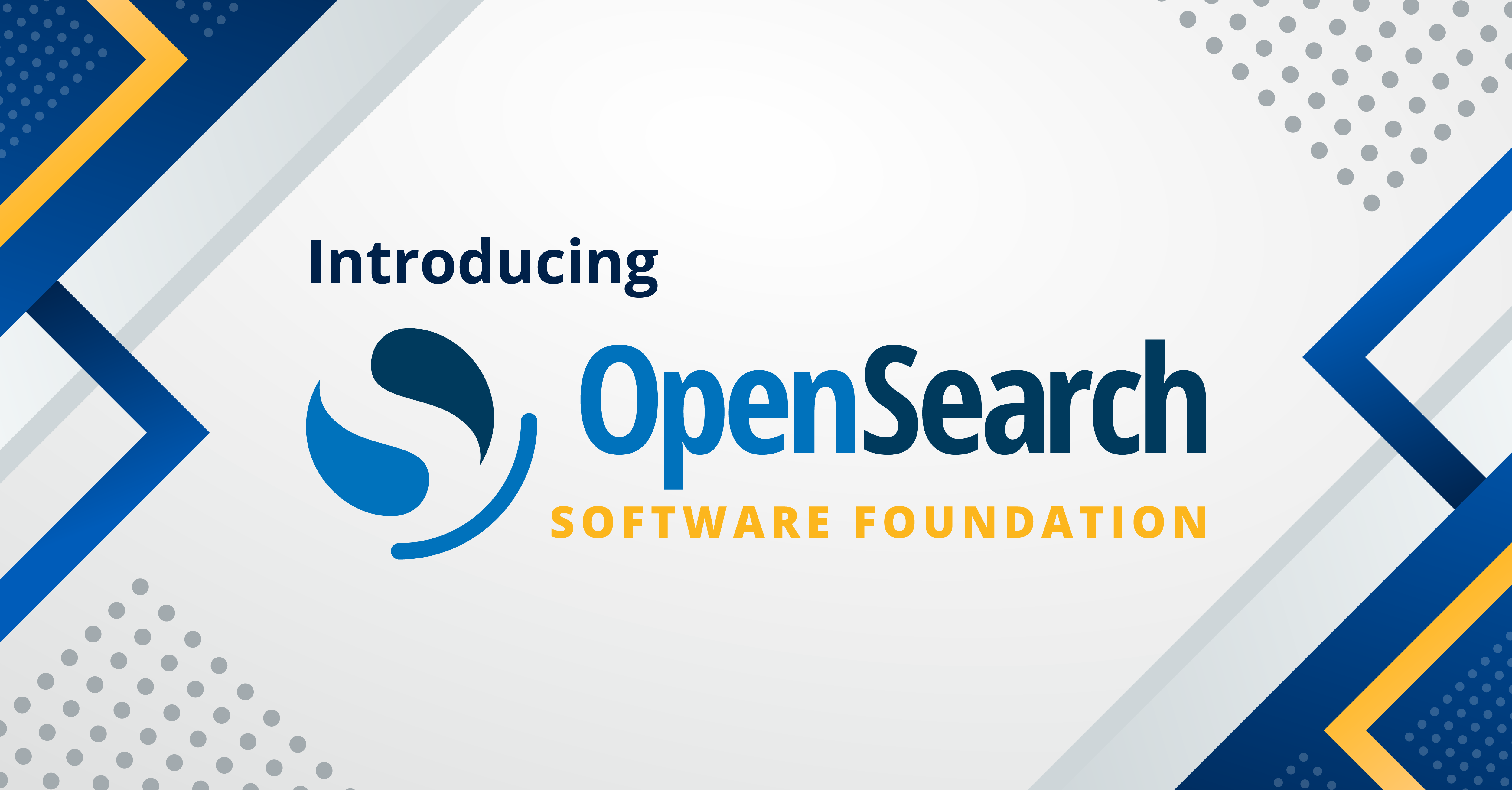Blog
Semantic Search with OpenSearch: Architecture options and Benchmarks
Unlike traditional lexical search algorithms such as BM25, which only take keywords into account, semantic search improves search relevance by understanding the context and semantic meaning of search terms and...
Building custom threat detection rules with OpenSearch Security Analytics
The threat detection rules scan log data to produce security findings representing potential threats. Security Analytics provides more than 2,200 prepackaged, open-source Sigma rules to help you identify potential security...
Introducing a traffic capture and replay solution for OpenSearch migrations and upgrades
We are thrilled to introduce the beta release of a live traffic capture and replay solution designed to assist users in migrating to OpenSearch. This tool equips users to capture...
Efficient filtering in OpenSearch vector engine
With the release of OpenSearch 2.9, we introduced efficient filtering, or “filter-while-search,” functionality for queries using the Facebook AI Similarity Search (Faiss) engine. This update overcomes the previous limitations of...


